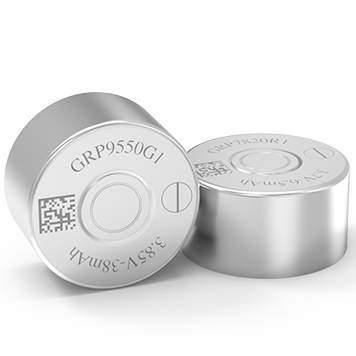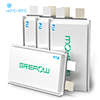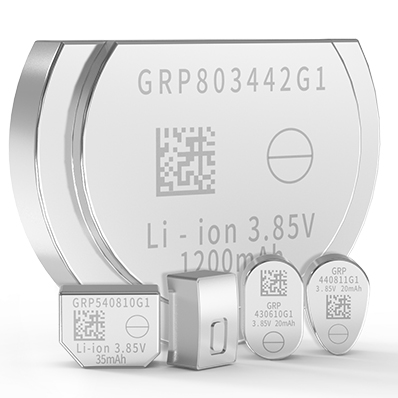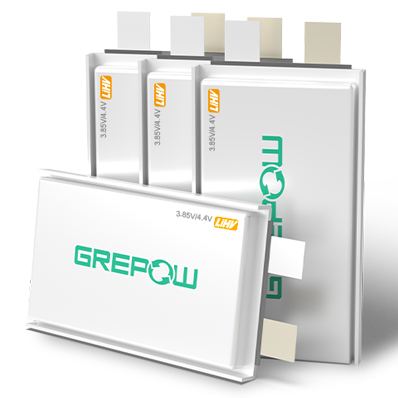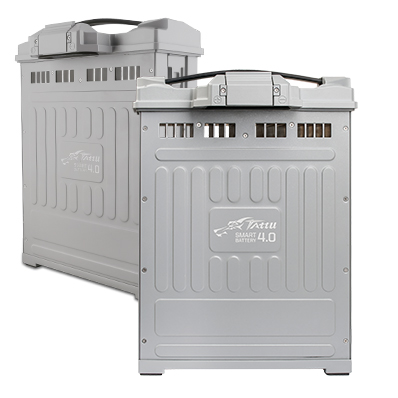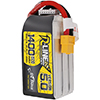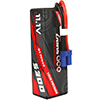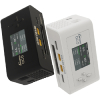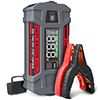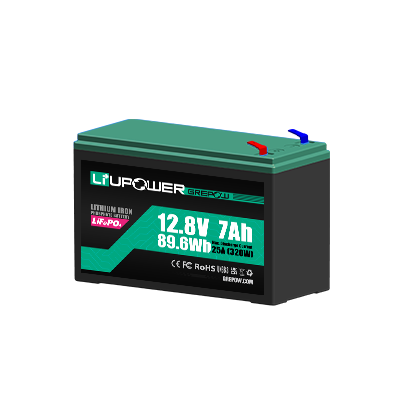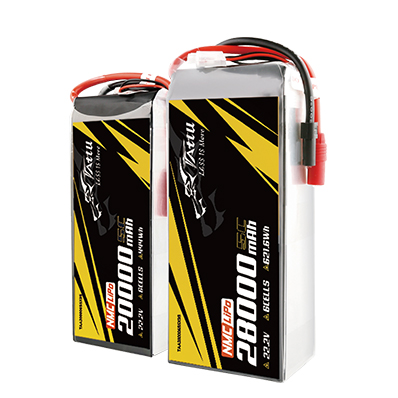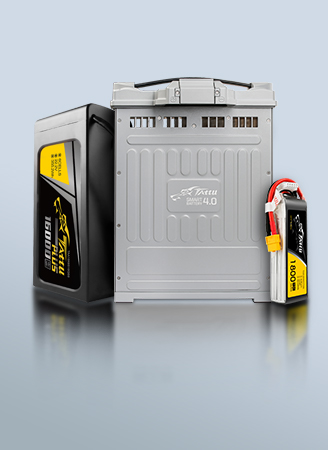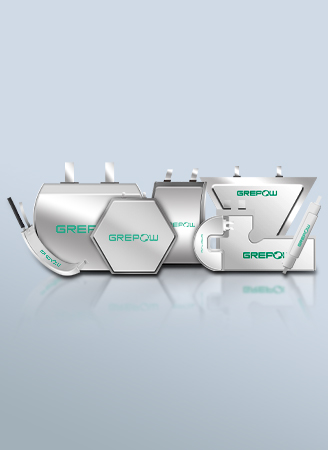What Are Autonomous Drones?
Autonomous drones, also known as unmanned aerial vehicles (UAVs), are sophisticated flying machines capable of operating without direct human control. These drones utilize advanced algorithms, sensors, and artificial intelligence (AI) to navigate, make decisions, and execute tasks autonomously. This technology is transforming various industries by enhancing efficiency, safety, and operational capabilities.
What Are Autonomous Drones?
Autonomous drones, also known as unmanned aerial vehicles (UAVs) with autonomous capabilities, are aircraft that operate without direct human control. Unlike traditional drones that require a remote pilot, autonomous drones use advanced technologies such as artificial intelligence (AI), machine learning, and sensor integration to execute tasks independently. They rely on a combination of hardware and software to process sensor data, execute flight plans, and make real-time decisions based on their environment.
These drones range from small quadcopters to large fixed-wing UAVs, serving various industries and applications. Their autonomy levels can vary from semi-autonomous (requiring some human oversight) to fully autonomous systems capable of end-to-end operation.
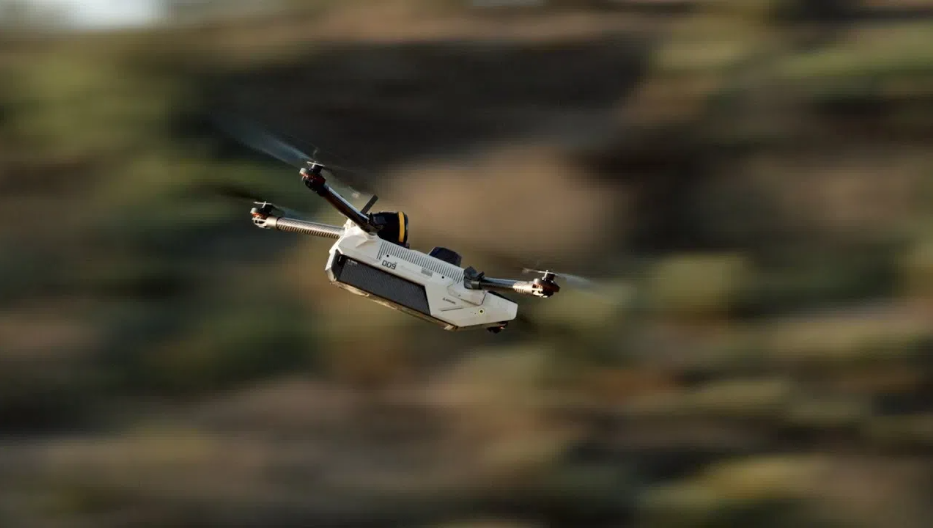
How Do Autonomous Drones Work?
The operation of autonomous drones involves several critical processes:
●Data Processing: Drones gather data from their sensors, including LiDAR, ultrasonic, infrared, and optical cameras, to understand their surroundings.
●Route Planning: Based on the collected data, they plan optimal flight paths.
●Real-Time Decision Making: Using AI algorithms, drones can adapt to changing conditions, avoid obstacles, and modify their actions as necessary.
●Execution: The flight control system guides the drone along the planned path, making adjustments in real-time based on sensor inputs and AI-driven decisions.
●Monitoring: While many operations are fully autonomous, human operators may still monitor the drone's progress and intervene if necessary.
Is Drone Delivery Autonomous?
Drone delivery is increasingly moving toward full autonomy. Companies like Amazon, Zipline, and Wing have developed drone systems capable of delivering packages without human intervention. These systems rely on precise GPS navigation, AI-driven route optimization, and advanced sensors to ensure safe and efficient delivery.These systems incorporate AI for critical functions such as:
●Obstacle Detection: Ensuring safe navigation around buildings and other structures.
●Emergency Landing Protocols: Allowing drones to manage unexpected situations like low battery or adverse weather conditions.
●Delivery Mechanisms: Some drones are designed to lower packages via parachutes or strings instead of landing directly at the delivery site.
This level of autonomy is crucial for expanding drone delivery services, particularly in remote or hard-to-reach areas.
What Are Autonomous Drones Used For?
Autonomous drones are employed across a wide range of industries and applications:
●Agriculture: Precision farming benefits from drones that autonomously monitor crops, spray pesticides, and analyze soil health.
●Delivery: Transporting goods, medical supplies, and even food to remote or inaccessible locations.
●Surveillance and Security: Used for monitoring properties, patrolling perimeters, and crowd management.
●Infrastructure Inspection: Autonomous drones inspect bridges, pipelines, and powerlines to detect wear and tear without putting human lives at risk.
●Search and Rescue Operations: Providing critical support in disaster scenarios by locating victims or delivering supplies.
What Are Autonomous Security Drones?
Autonomous security drones are specialized UAVs designed to enhance safety and surveillance operations. These drones autonomously patrol designated areas, detect intrusions, and provide real-time alerts. Features include:
●Automated Patrols: Pre-programmed routes for consistent monitoring.
●Real-Time Video Feed: High-definition cameras transmit live footage to security teams.
●Intrusion Detection: AI algorithms identify and track unauthorized individuals or vehicles.
●Integration with Security Systems: They can integrate with existing systems like alarms and access controls.
●Night Operations: Equipped with thermal imaging and night-vision cameras.
Are autonomous drones legal?
The legality of autonomous drones varies globally and is subject to regional regulations. Regulations cover aspects such as:
●Registration and licensing: Requirements for drone operators and aircraft.
●Flight restrictions: Airspace limitations and prohibited areas.
●Data privacy: Rules governing the collection and use of data captured by drones.
●Safety guidelines: Standards for drone operation to ensure public safety.
As regulations evolve to accommodate the growing use of autonomous technology, it is crucial for operators to stay informed about legal requirements in their jurisdictions.
Conclusion
In conclusion, autonomous drones represent a significant advancement in aerial technology, offering numerous benefits across various sectors. While regulatory and technical challenges remain, the future of autonomous drones is bright, promising transformative impacts in fields ranging from logistics to security. As these drones continue to evolve, they are set to become indispensable tools in the modern technological landscape. As a global leading lipo battery manufacturer, Grepow offers high-energy-density semi-solid state batteries and UAV batteries for various autonomous drones. If you have any questions or needs, please feel free to contact us at info@grepow.com.
Related Articles
-
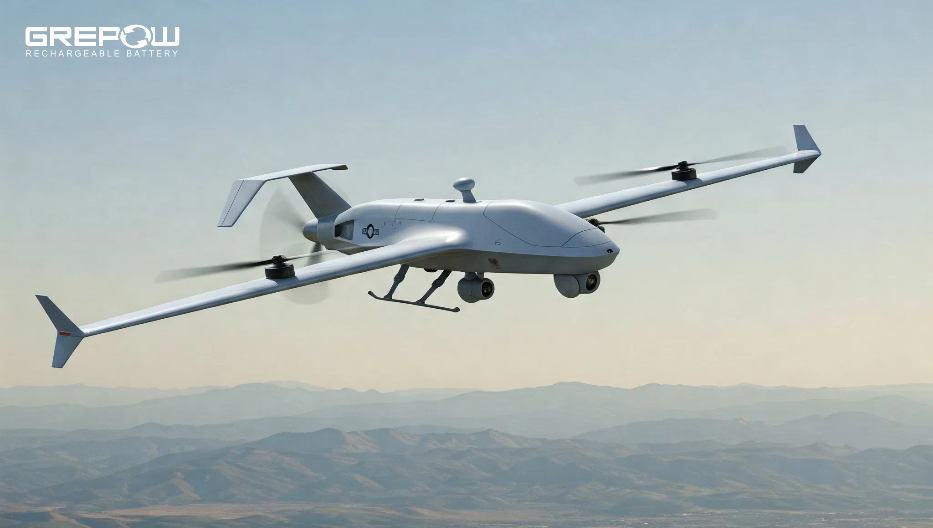
What Is a Long Endurance Drone?
2025-04-16 -
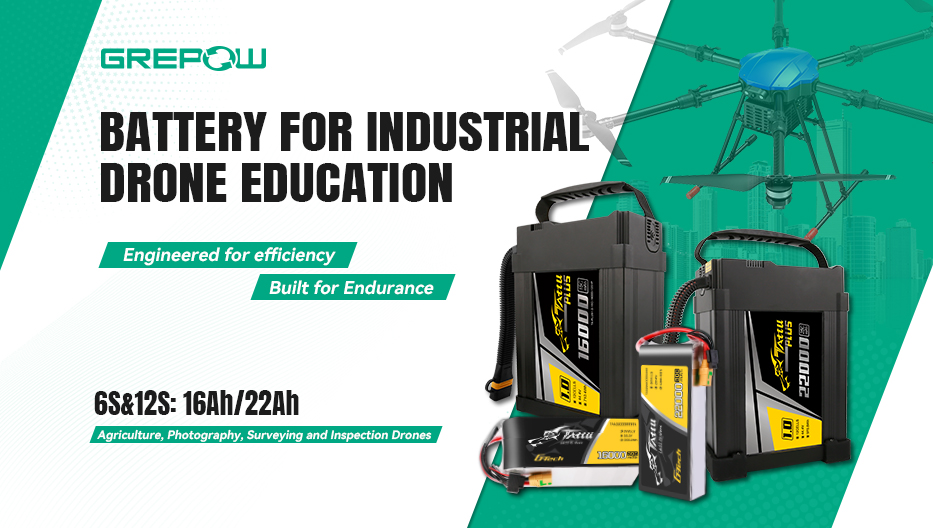
Empowering Drone Training with Grepow’s Tailored Battery Solutions
2025-04-15 -

Four Specialized Lithium-Ion Battery Types Basis
2025-04-10
Related products
-
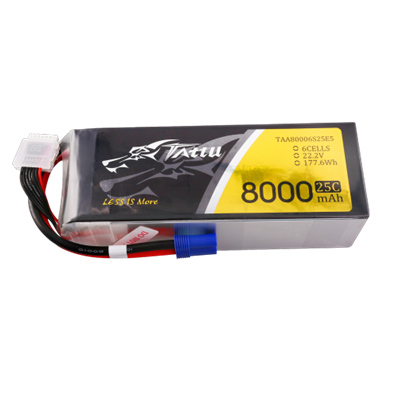
Tattu G-Tech 6S 8000mAh 22.2V 25C Lipo Drone Battery
-
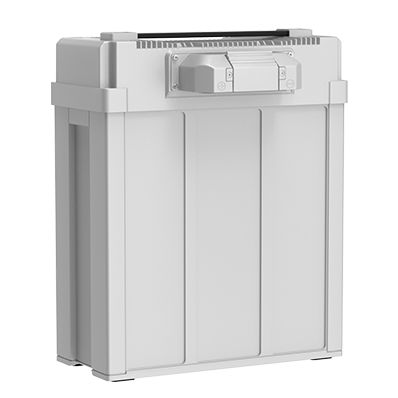
Tattu 3.0 18S Lipo 30Ah 68.4V Smart UAV Drone Battery
-
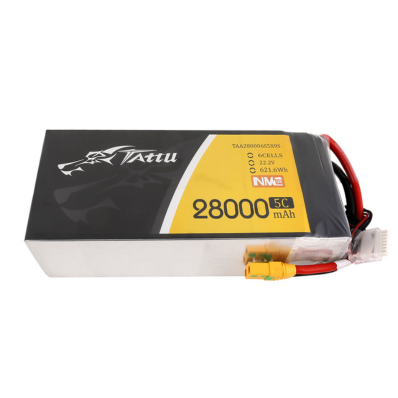
28000mAh 22.2V 6S Semi-Solid State Battery Pack




